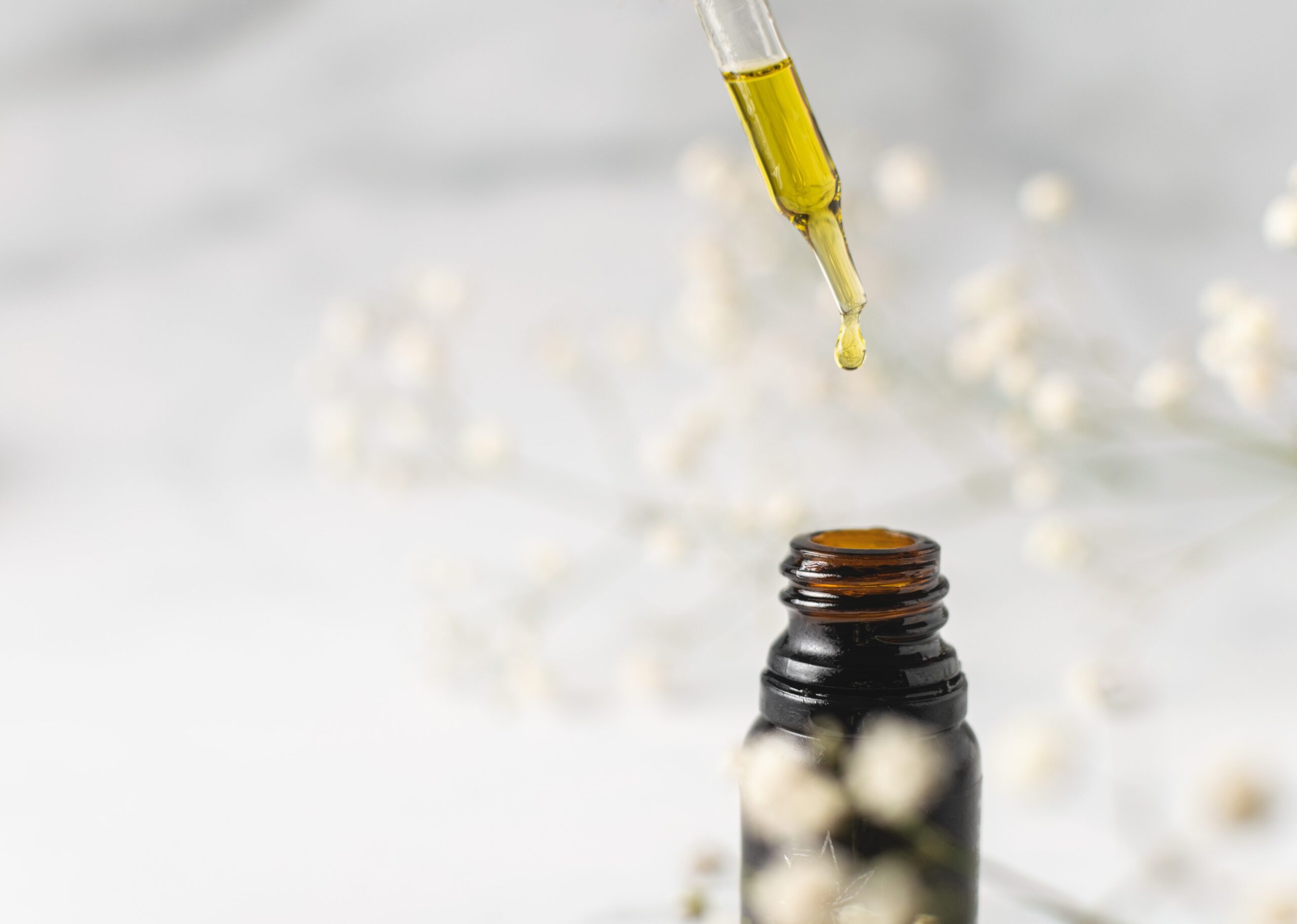At the Natural Healing Center Lemoore Dispensary we prioritize safety and responsible use. It’s important to consult with a knowledgeable healthcare professional or a cannabis specialist to determine the appropriate dosage, strain, and administration method that suits individual needs. Starting with low doses and gradually titrating up is key to finding the optimal therapeutic effect.
Additionally, with the increasing legalization and decriminalization of cannabis in many regions, access to high-quality, lab-tested products has become more accessible. This allows patients to make informed decisions and ensures consistent quality and potency.
As we continue to explore the potential of cannabis in various therapeutic applications, the evidence supporting its use in endometriosis treatment continues to grow. While more research is needed to fully understand the mechanisms and optimal use of cannabis for endometriosis, the existing evidence and countless personal testimonies indicate its potential as a valuable treatment option.
It is important to note that cannabis is not a cure for endometriosis. However, as a natural alternative or complementary therapy, it offers a ray of hope for those who have been searching for effective relief from the often debilitating symptoms of this condition.
Cannabis for endometriosis presents an opportunity for patients to regain control over their health and well-being. By incorporating cannabis into their treatment regimen, individuals with endometriosis can actively participate in managing their symptoms, potentially reducing their reliance on conventional medications with potentially harmful side effects.
The versatility of cannabis as a treatment option for endometriosis is another advantage worth mentioning. With various consumption methods available, including inhalation, ingestion, topical application, and sublingual administration, patients can choose the method that aligns with their preferences and needs. Additionally, the diverse array of cannabis strains and formulations allows for customization to address specific symptoms, such as pain, inflammation, and mood management.







